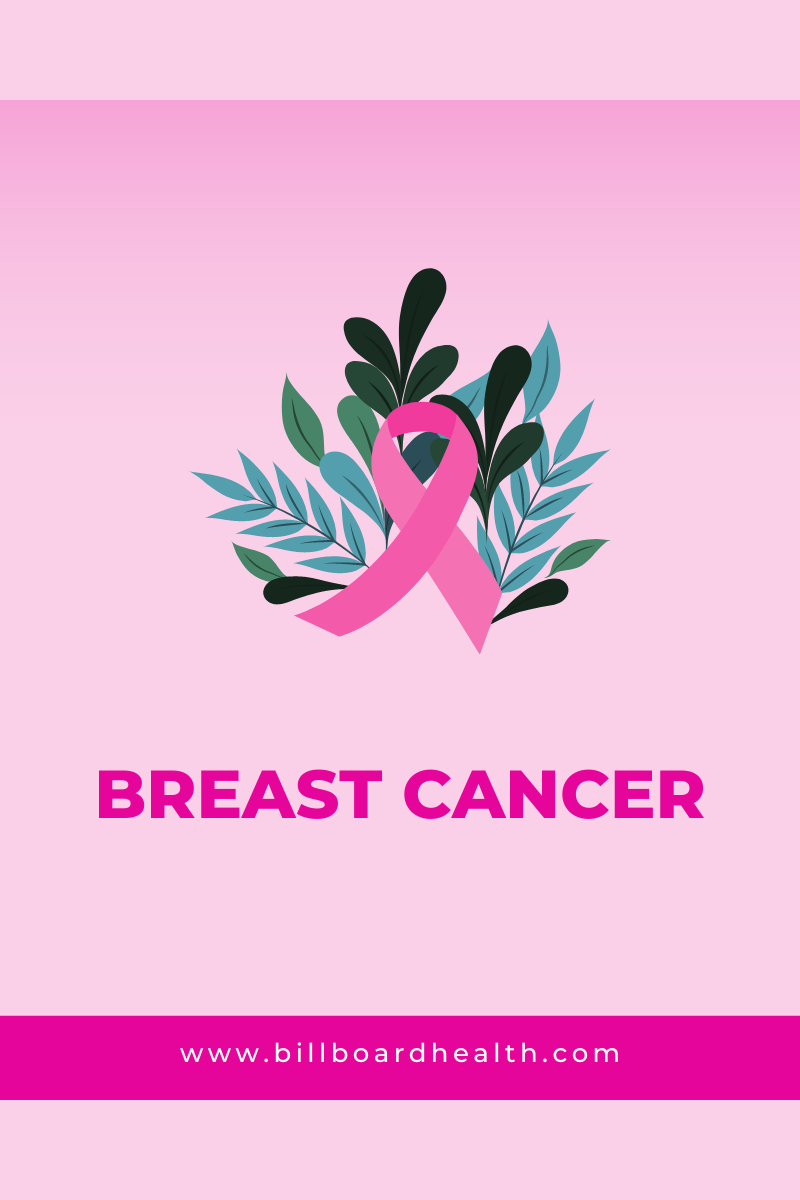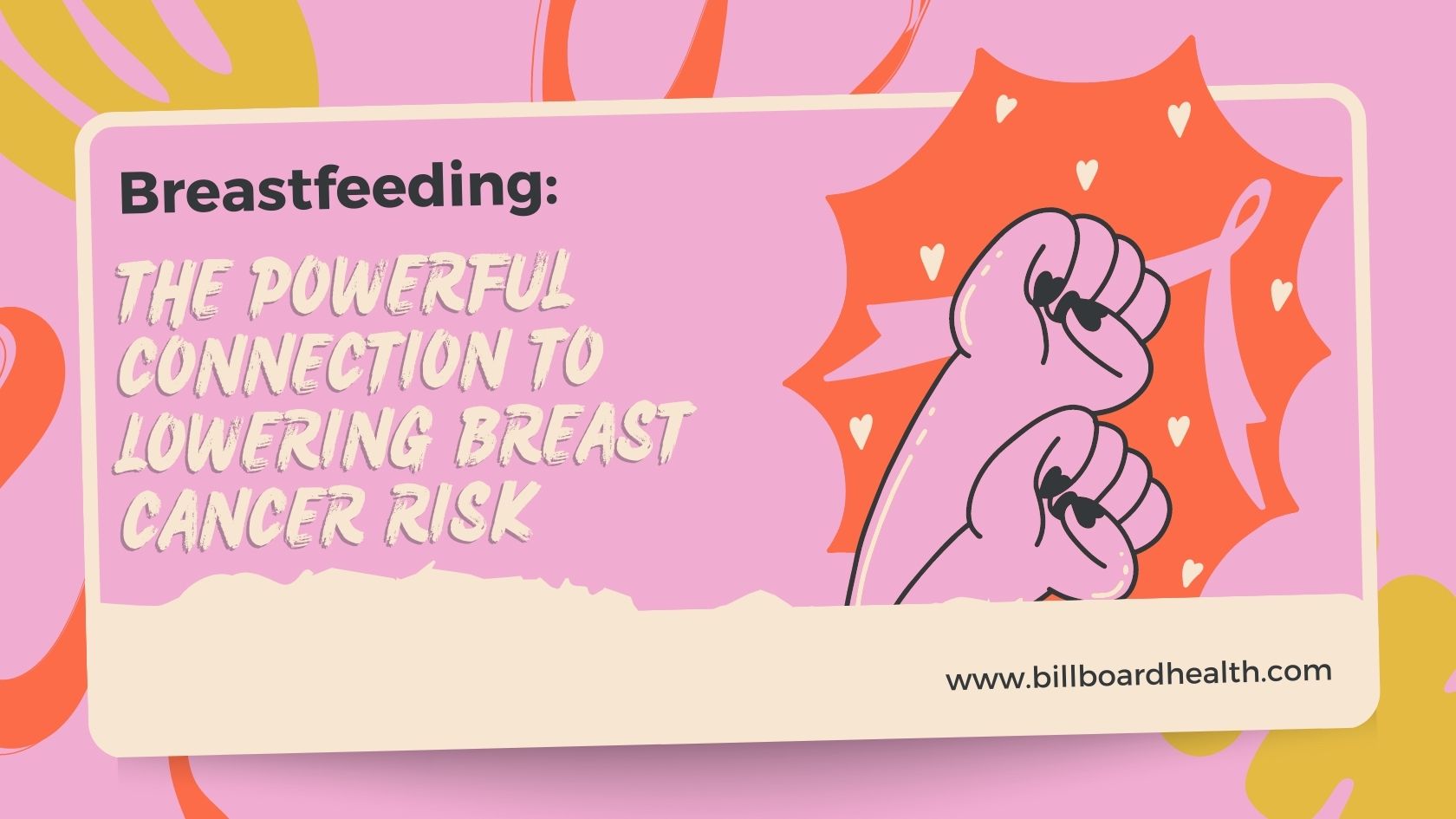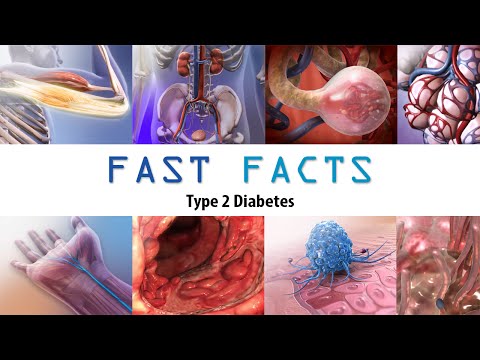Breastfeeding is a natural and essential part of motherhood, providing countless benefits to both the mother and her baby. However, many people are unaware that breastfeeding significantly lowering breast cancer risk. In this post, we will look at the different health advantages of breastfeeding, such as the prevention of lactation cancer, maternal wellbeing, and natural cancer defence through breastfeeding.
Lactation Cancer Prevention:
Breastfeeding has numerous advantages for infants and mothers, including potentially lowering the risk of breast cancer. Breastfeeding mothers have a decreased risk of acquiring breast cancer than non-breastfeeding mothers. The longer a mother breastfeeds, the more significant the protection against breast cancer becomes.
Breastfeeding Health Benefits:
In addition to preventing cancer, breastfeeding offers multiple health advantages for the baby and the mother. These include:
- Essential nutrients for the baby
- Boosting the baby’s immune system
- Promoting healthy brain development for the baby
- Helping the mother’s uterus contract back to its pre-pregnancy size
- Contributing to weight loss for the mother after giving birth
Nursing Cancer Risk Reduction:

Breast-feeding has a direct impact on reducing the risk of breast cancer. The lactation process causes hormonal changes in the mother’s body, which are believed to contribute to the reduction in cancer risk. Furthermore, breastfeeding results in shedding breast tissue, which can help eliminate cells with potential DNA damage, thus reducing the likelihood of developing breast cancer.
Breast Cancer Awareness and Lactation:
Raising awareness about the connection between breastfeeding and breast cancer is essential in promoting the benefits of nursing. Encouraging women to breastfeed and educating them about the protective effects of lactation can contribute to an overall reduction in breast cancer rates. Healthcare practitioners, public health campaigns, and support groups are essential in disseminating this knowledge and encouraging women to make educated breast-feeding decisions.
Safe Breastfeeding Practices:
Following safe and healthy practices is crucial to reap the full benefits of breast-feeding. These include:
- Proper latching techniques
- Ensuring a balanced diet for the mother
- Understanding the appropriate duration of breast-feeding
The WHO advises exclusive breastfeding during the first six months of a baby’s life, followed by continued breast-feeding with the introduction of complementary meals until the infant is two years old or older.
Postpartum Cancer Prevention:
Breastfeeding plays a significant role in postpartum cancer prevention. In addition to decreasing the risk of breast cancer, breast-feeding can also lessen the risk of ovarian cancer. The hormonal changes during lactation protect against these types of cancer, emphasizing the importance of breast-feeding for new mothers.
Prolonged Nursing Health Advantages:
Extended breastfeeding offers even more health advantages for both mother and baby. These include:
- Increased protection against breast cancer for the mother
- Continued immune support for the baby
- Fostering a solid emotional bond between mother and child
Motherhood and Cancer Resilience:
The experience of motherhood strengthens a woman’s resilience against cancer in various ways. In addition to the protective benefits of breast-feeding, the lifestyle changes and emotional connections associated with motherhood can contribute to overall wellbeing and health. A strong support system, self-care, and a focus on healthy living can all play a role in reducing the risk of breast cancer.
Natural Cancer Defense through Breastfeeding:
Breast-feeding is a powerful natural defense against breast cancer. The hormones released during lactation and the shedding of breast tissue work together to lower the risk of developing cancer. By choosing to breastfeed, mothers are taking an essential step towards safeguarding their health and the health of their babies.
Maternal Wellness and Lactation:
Maternal wellness is not only about physical health but also encompasses emotional and mental wellbeing. Breastfeeding contributes to overall maternal wellness by:
- Promoting hormonal balance
- Supporting postpartum recovery
- Fostering a strong bond with the baby
- Reducing postpartum depression and anxiety
- Enhancing the sense of accomplishment and satisfaction in motherhood
Furthermore, the knowledge that breast-feeding lowering breast cancer risk and offers numerous health benefits for both mother and child can provide a sense of empowerment and reassurance.
Community Support and Breastfeeding Success:
Successful breast-feeding and its benefits can be more easily achieved with the community’s support. This includes:
- Healthcare providers offering guidance and encouragement
- Employers providing accommodations for breast-feeding mothers in the workplace
- Family and friends offering emotional support and understanding
- Access to lactation consultants and support groups for additional help
By creating an environment that supports and encourages breastfeeding, we can help mothers overcome potential challenges and ensure they can experience the full range of breastfeeding benefits.
Conclusion:
Breastfeeding is a vital aspect of motherhood that offers numerous health benefits, including a powerful connection to lowering breast cancer risk. By promoting lactation cancer prevention, maternal wellness, and natural cancer defence through breast-feeding, women can actively contribute to their health and wellbeing and that of their babies.
Encouraging and supporting breast-feeding practices, raising awareness about the connection between breast-feeding and breast cancer, and educating new mothers about the importance of nursing are all essential steps towards fostering a healthier future for women and their families. Let’s collaborate to build a better society where women are empowered to make educated decisions about their own and their children’s health by learning and embracing the advantages of breastfeeding.









Pingback: Natural Way To Stop Facial Sweating - Billboard Health